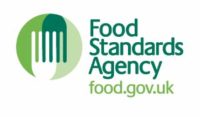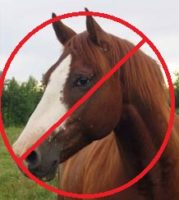FSA Announces New Round of Tests to Check Beef for Horse Meat

The Food Standards Agency (FSA) has today confirmed details of a new round of tests of beef products for horse meat contamination. The tests have been requested by the European Commission as part of the follow-up to last year’s horse meat incident where a number of beef products sold across Europe were found to have been deliberately adulterated with horse meat.
This new round of European Union (EU) testing should give additional reassurance to consumers across Europe that the food chain is being checked for potential problems.
The testing is not based on any new intelligence about food fraud but has been requested as part of the on-going work to ensure the problems discovered last year do not reoccur.
Since last year, local authorities in the UK have been testing beef products for horse meat as part of their routine sampling programs. The UK food industry has also been testing beef products and submitting quarterly results to the FSA. The new round of European testing is in addition to both of these strands of ongoing work.
All member states have been asked to submit test results. The UK will collect and test 150 samples of beef products. These will include raw beef products such as mince, burgers and sausages. Cooked ready meals including canned products will also be tested.
The samples will be taken by 24 local authorities across all UK countries from retail outlets, wholesale catering suppliers, and cold stores. Testing will be carried out by the local authorities and funded by the FSA. The sampling protocol is available on the link below.
Any samples testing positive for horse meat contamination above the 1% reporting level set for the EU-wide study will be announced following laboratory confirmation. Action will be taken to withdraw the affected product from sale. All test results will be submitted to the European Commission by July 2014.
"We remain vigilant about the threats to our food supply from fraudsters and determined that we do not see a repeat of the problems that emerged last year," said Steve Wearne, director of policy at the FSA. "We are working closely with local authorities to do more authenticity testing and we have increased the additional funding we provide to support this to £2 million this year."
This new round of EU testing should give additional reassurance to consumers across Europe that the food chain is being checked for potential problems, Wearne stated. In addition, he said, the FSA continues to learn lessons from the 2013 horse meat incident. He noted that the Agency is working with university-based food safety experts to determine how the FSA can improve its intelligence gathering and the way it responds to adulteration incidents, and to review the integrity of the UK's food supply networks.
Additional details about the next round of beef testing are available in a PDF (19KB) that may be downloaded here.
Looking for a reprint of this article?
From high-res PDFs to custom plaques, order your copy today!





